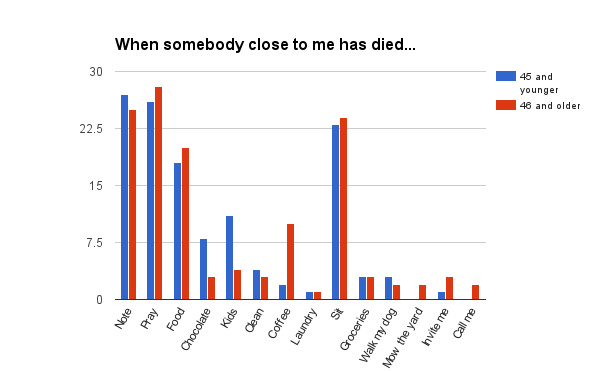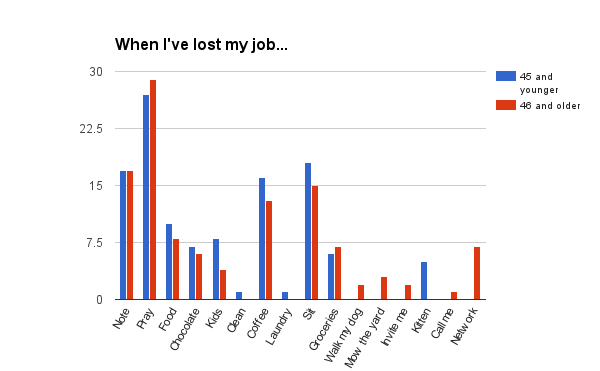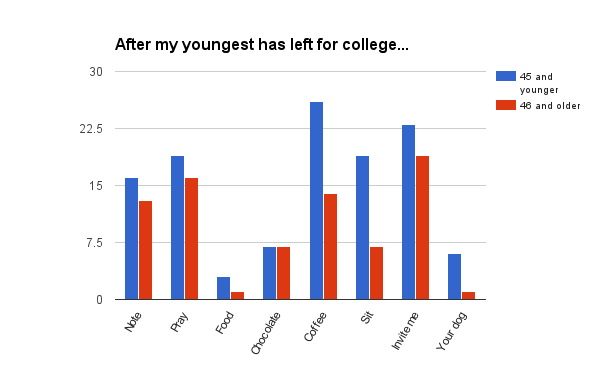They say it was a magnificent building, the Temple in Jerusalem. Newly reconstructed by Herod the Great, and still under construction in Jesus’ day, it was one of the seven wonders of the ancient world. It occupied a platform of more than 900 by 1,500 feet—twice as large as the Roman Forum with its many temples and four times as large as the Acropolis in Athens with the famous Parthenon. The massive retaining walls that supported the temple, including the now well-known Western wall, were composed of enormous blocks of white stone, some of them 40 feet long. The front of the temple itself was a square of 150 feet by 150 feet of sculpted rock, much of it decorated with silver and gold. First-century Jewish historian, Josephus wrote that the gold “effected so fierce a blaze of fire that those who tried to look at it were forced to turn away. Jerusalem and the temple seemed in the distance like a mountain covered in snow, for any part not covered in gold was dazzling white.” The combination of the temple mount, the platform of huge retaining stones, and the large building of the temple itself raised the temple complex to a height that could be seen from miles away by pilgrims journeying to Jerusalem to worship there, and in bright sunlight, the luminous city nearly blinded them.
This was the dwelling place of God at the center of the world; this was the promise become rock of God’s presence with God’s people Israel. It was holy ground where God’s people, even when they failed to lead holy lives, could approach their holy God in worship. Rituals of atonement and purification along with festivals of liberation and thanksgiving sustained a community striving to live faithfully with their God. The temple was beautiful and it was an essential institution of Jewish life.
Jesus and the disciples had come to the Temple every day since they first came to Jerusalem. Tensions between him and the Temple leadership had been growing. Now they were leaving, and one of the disciples, his eyes wide with awe, his hands perhaps touching one of the colossal blocks, said to him, “Look, teacher, what large stones and what large buildings!” It was one of those moments when you want to take a photo to convey to the folks at home just how spectacular the place was and how overwhelming the feeling of being immersed in its beauty and power.
“Do you see these great buildings?” Jesus replied. “Not one stone will be left here upon another; all will be thrown down.” The words sound very matter-of-fact, don’t they? Jesus stated the almost unimaginable, but his words were no threat, just a simple announcement. The beauty, the majesty, the power would crumble and collapse, and the magnificent temple, center of Jewish life and identity, would be a pile of rubble. Curiously, the inner circle of disciples who were with him when he was sitting on the Mount of Olives with its spectacular view of the Temple Mount, didn’t ask him why or how, they wanted to know when and what the sign would be – as though the why and how were a given, and everything was just a matter of time. When will this be and what will be the sign that all these things are about to be accomplished?
The Gospel of Mark was written in a time of war. The weight of Roman occupation had become too much to bear for the Jewish population. In the years 62-66, increasing mob violence was disrupting life in Jerusalem. A band of assassins, called sicarii, attacked and murdered people, even a high priest, in broad daylight and kidnapped Jewish officials. Gangs of roaming brigands burned and looted villages. Apocalyptic prophets delivered oracles of doom, and the daily news seemed to confirm their words. Jerusalem was a tinderbox in those tumultuous years, with revolutionary sentiments mounting and finally catapulting Judea into open rebellion against Rome.
“Deceivers and impostors, under the pretense of divine inspiration, fostering revolutionary changes,” wrote Josephus, “they persuaded the masses to act like madmen and led them out into the desert in the belief that God would give them signs of deliverance.” Insurgents took control of the city, but the years 67-69 unfolded under the headline, “The Empire Strikes Back.” Rome’s legions under Titus laid siege to Jerusalem, and in August of the year 70, the Temple was destroyed and the city fell.
The Gospel of Mark was written in a time of wars and rumors of wars, and at least some believers in the Markan community must have thought that these catastrophic events meant that the return of Jesus in power and glory was imminent. The author made sure his people and all who would read his testimony would hear Jesus’ words to the disciples loud and clear: “Beware that no one leads you astray.” There will be wars and rumors of wars, nation will rise against nation, and kingdom against kingdom; there will be earthquakes and famines and unspeakable acts of violence, but you – beware that no one leads you astray. Beware that no one leads you off the path I followed. Follow me.
There is a constant, churning undercurrent in the history of the church that seeks to take contemporary events and turn them into sure signs for the end of time. The fighting in Syria, the crash of a Russian airplane over Sinai, murderous attacks in Beirut and Paris – we are afraid, we are worried and angry, we are sad, we are furious – and you know that the doomsday machine of the Christian psychics online and on TV has once again shifted into high gear. They’re busy drawing lines from the evening news to verses in the book of Revelation and in Daniel, and they can’t wait to give us all the details and plot lines of history at the end of time. Lamar Williamson calls them “date fixers” who “besides pretending to know more than the Son [of God] does, often have little sense of responsibility for the world, whose destruction they await with fascinated detachment. In contrast to these, Jesus speaks of responsibilities imposed by the master who left us in charge here” (Williamson, Mark, 241).
When the disciples ask, “When?” and “What will be the sign?” Jesus responds, “Beware.” Beware that no one leads you astray from following me. Beware of following your fear. Beware of abandoning your call to love God and neighbor. Wars and rumors of wars, terror and oppression are the reality of a world far from the world God desires, and they must end for God’s creation to be whole and complete. “This must take place, but the end is still to come,” says Jesus, and, “This is but the beginning of the birthpangs.”
Birth pangs, he says. These things that make us cry and tremble and doubt and lie awake at night – they are not a meaningless pile of suffering, the tragic rubble of history, destined to be forgotten; they are labor pains, he says, telling us that the suffering of creation is to be redeemed by the joy of birth. The world is in labor, Jesus says. Birth pangs, the first pains of childbirth. “How long is this labor?” we want to know, “and when can we expect to behold new life in a redeemed world? How long until we will laugh with tears in our eyes and cry no more?” We don’t know. But we have a word that speaks of birth in the midst of suffering. We have a word that teaches us to hope. We have the promise that with the resurrection of Jesus the whole world has indeed become new – in forgiveness, in the disruption of the endless cycle of violence, in love that heals and renews. We have the promise that the resurrection of Jesus from the dead marks the beginning of redemption that doesn’t fade into the past but abides forever.
The English historian Eric Hobsbawm, born in 1917, grew up in Vienna and, after the death of his parents, with an aunt in Berlin. Berlin was not a good place to live for a Jewish teenager in those years. He was fifteen years old when one day in January 1933, as he was walking his little sister home from school, he saw the headline at a newsstand, “Adolph Hitler Appointed Chancellor of Germany.” Reflecting on those years when democray in Germany was in its death throes, Hobsbawm later wrote, “We were on the Titanic, and everyone knew it was hitting the iceberg.” He said, “It is difficult for those who have not experienced the ‘Age of Catastrophe’ of the twentieth century in central Europe to see what it meant to live in a world that was simply not expected to last, in something that could not really even be described as a world, but merely as a provisional waystation between a dead past and a future not yet born.”[1]
In-between times are difficult to understand, let alone navigate, for those who live in them. But we dare to hope that, regardless of the terrors of the past and present, the redemption of the world and the birth of new life has indeed begun with the resurrection of Jesus from the dead, and our determination to resist the servants of terror and death is grounded in that hope.
Thrones and temples will fall and not one stone will be left upon another, institutions will crumble, but the work of Christ will stand, and the world being born in his wake is the world set right. Jesus is working on a new temple, and it’s made entirely of people whose daily sacrifice are their prayers and their acts of loving service. Jesus is working on a new temple that isn’t covered with gold or silver, but shines brighter than anything made by human hands.
[1] Tony Judt, Reappraisals: Reflections on the forgotten twentieth century (New York: Penguin, 2008), 117.












